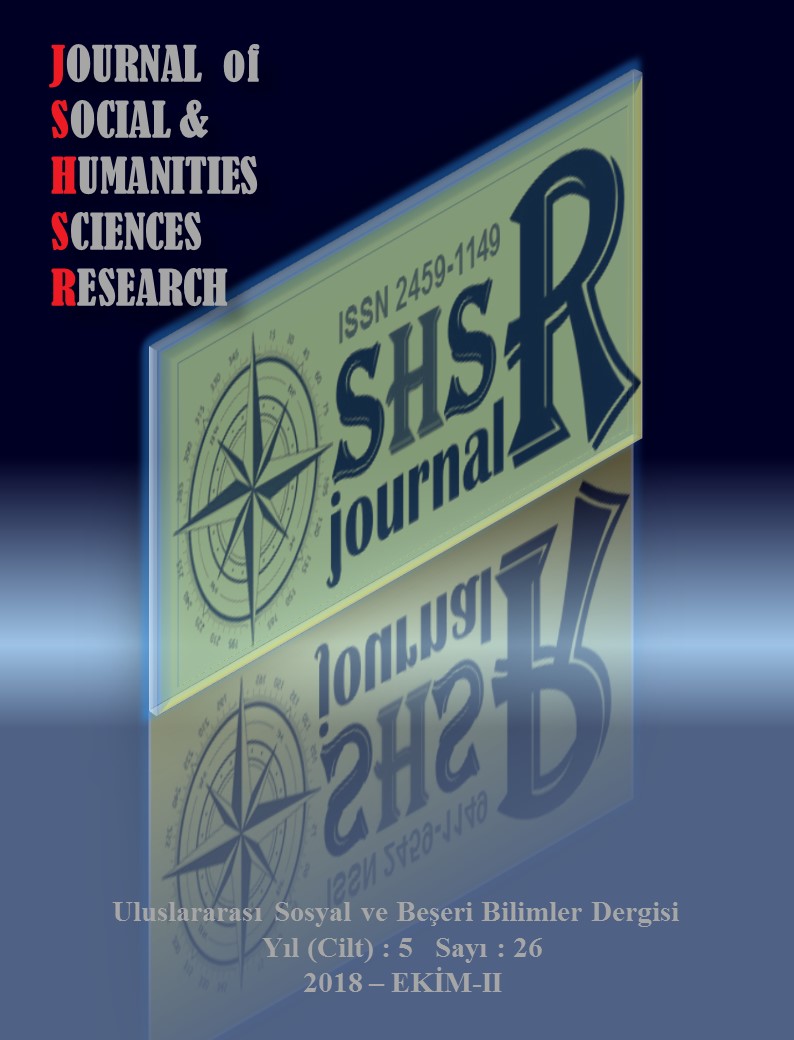ON WAR AND PEACE IN ROUSSEAU
DOI:
https://doi.org/10.26450/jshsr.635Keywords:
War, Peace, State of Nature, Civilan StateAbstract
Rousseau reveals his views on war by criticizing Hobbes. According to him, Hobbes brought the thoughts of the civil situation to the state of nature; in talking about the wild person, he actually talked about social people. The state of nature is not a state of war as Hobbes put it; on the contrary, human is inherently peaceful. Entering society changes its peaceful nature. After the emergence of states, wars have also emerged. Rousseau emphasizes the possibility of a permanent peace between the states after the establishment of states. For him, peace between states is a confederation that will bring them together. The confederation is not only a way of protecting small states against the big states, but also a way of ensuring peace with all states. But Rousseau also thinks that it is difficult to achieve such peace. Because, according to him, the real interest of states, instead of peace, conquering the land and establish absolute regimes. For this reason, Rousseau states that managers should not only make peace with weapons, but also make peace possible. In this study, Rousseau's views on the emergence of war, unlike the liberal legal tradition, are connected to the civil situation and not to the state of nature, and the views of peace are possible through a confederation by the force of the revolution will be analyzed
Downloads
Published
How to Cite
Issue
Section
License
Copyright (c) 2018 INTERNATIONAL JOURNAL OF SOCIAL HUMANITIES SCIENCES RESEARCH

This work is licensed under a Creative Commons Attribution 4.0 International License.


